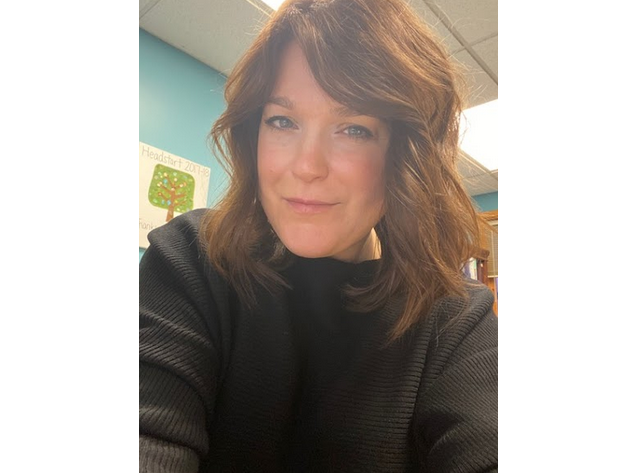When I was 4 years old, my parents split up. I didn’t understand it at the time – though I was aware of tension and conflict. And while it certainly felt like it at the time, it wouldn’t be the biggest upheaval in my life. My mother tried to be honest with us and did what she could to protect my brother and me. She loved on us and called on our extensive village of supportive family and friends, who held us in loving community, and still do. Still, seeing our closest caring adults struggling with and expressing big emotions sometimes made us feel unsafe. Not being shielded completely from my parents’ humanity and struggles, and be encouraged to talk about it was complicated, but also necessary for my own development.
Young children experience and respond to tragedy, trauma and crisis in a range of ways. The realities of daily existence for many young children and their families is tenuous at best – predating and exacerbated by the current “moment”. Still, we need to find ways to talk with young children about the thorny issues we struggle with as families and as a society. These talks will look and sound different across families and communities, and will need to be repeated and evolve as we all grow and evolve.
This video resource by author, psychologist and award winning ventriloquist Susan Linn, Ed.D, features her puppet Audrey Duck, talking candidly with Defending the Early Years co-director Denisha Jones, Ph.D, J.D. about racism, the death of George Floyd at the hands of police officers, the importance of protesting to end racism, dealing with anger and sadness and more. It is suggested that parents and caregivers view the video before sharing with young children.
Related Resource: They’re Not Too Young to Talk About Race
How have you worked to tell children the truth?
Angelica Velazquez is the Director of the Informal Family Child Care Project.




I love the video with Denisha. A tshirt should be created . With denisha for kids Nice